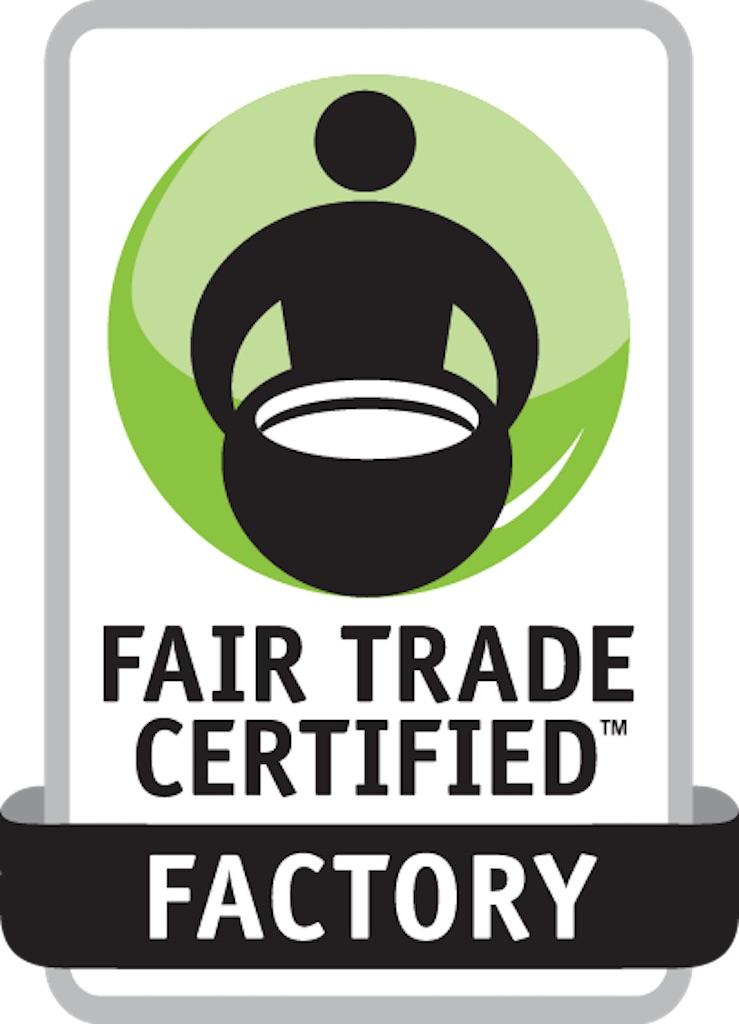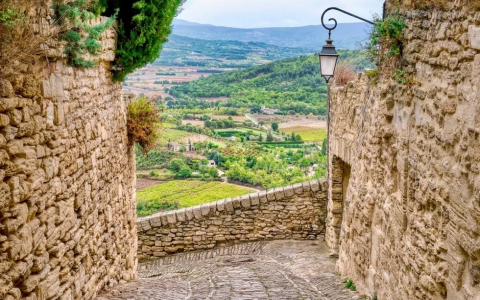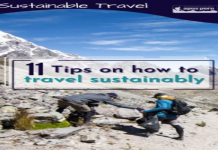Right, let’s talk about this whole “fair-trade travel” thing. Heard the term kicked around a lot. Sounds nice, doesn’t it? Like buying coffee where you know the farmer got a decent cut. But for travel? Seemed a bit vague. I wanted to see if it was actually doable, you know, beyond just staying in some expensive place with an eco-label slapped on it.
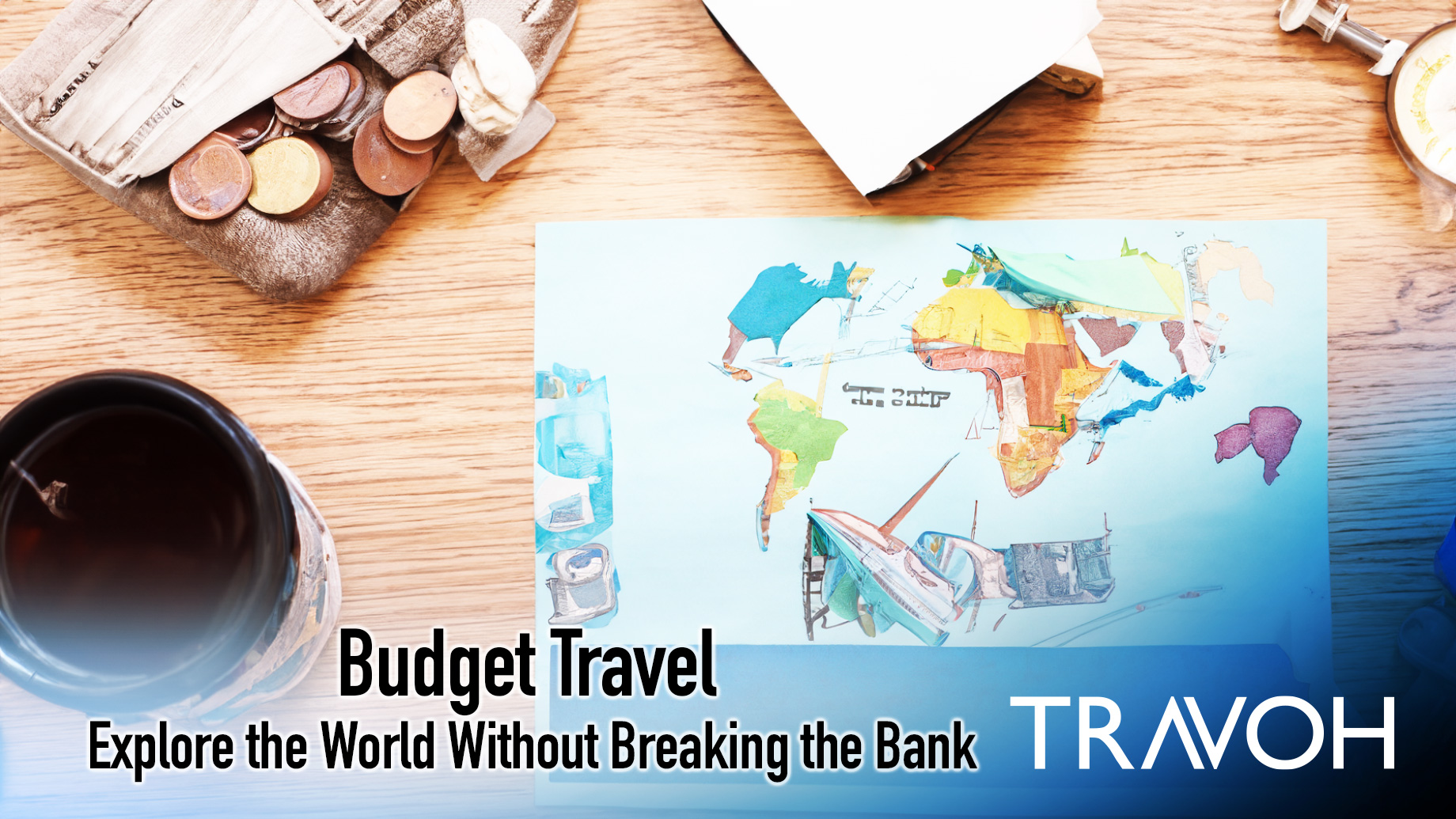
So, I decided to give it a proper go on my last trip. First thing I did? Ditched the usual big travel websites and package tour operators. Felt like the obvious starting point. If you want money to go local, cutting out the massive companies seems like step one.
Finding the Real Deal
This part took effort, I won’t lie. I spent hours digging through forums, blogs written by actual travellers, not the slick marketing stuff. Looking for recommendations for small, locally-owned places. Homestays, family-run guesthouses, that sort of thing. It’s tricky though, trying to figure out who’s genuinely local and who’s just got good advertising.
Eventually, I settled on this little village place I found mentioned on a couple of obscure travel boards. No fancy booking system, just an email address. Sent a message, got a reply a day later. Booked a room directly with the family running the guesthouse. Felt like a small win already.
On the Ground
Getting there was part of it too. Instead of some pre-booked air-con taxi, I just hopped on the local bus from the nearest bigger town. Sweaty, bumpy, chaotic? Yep. But also dirt cheap, and everyone else was local. Felt more like travelling with people than just being transported.
The Stay Itself:
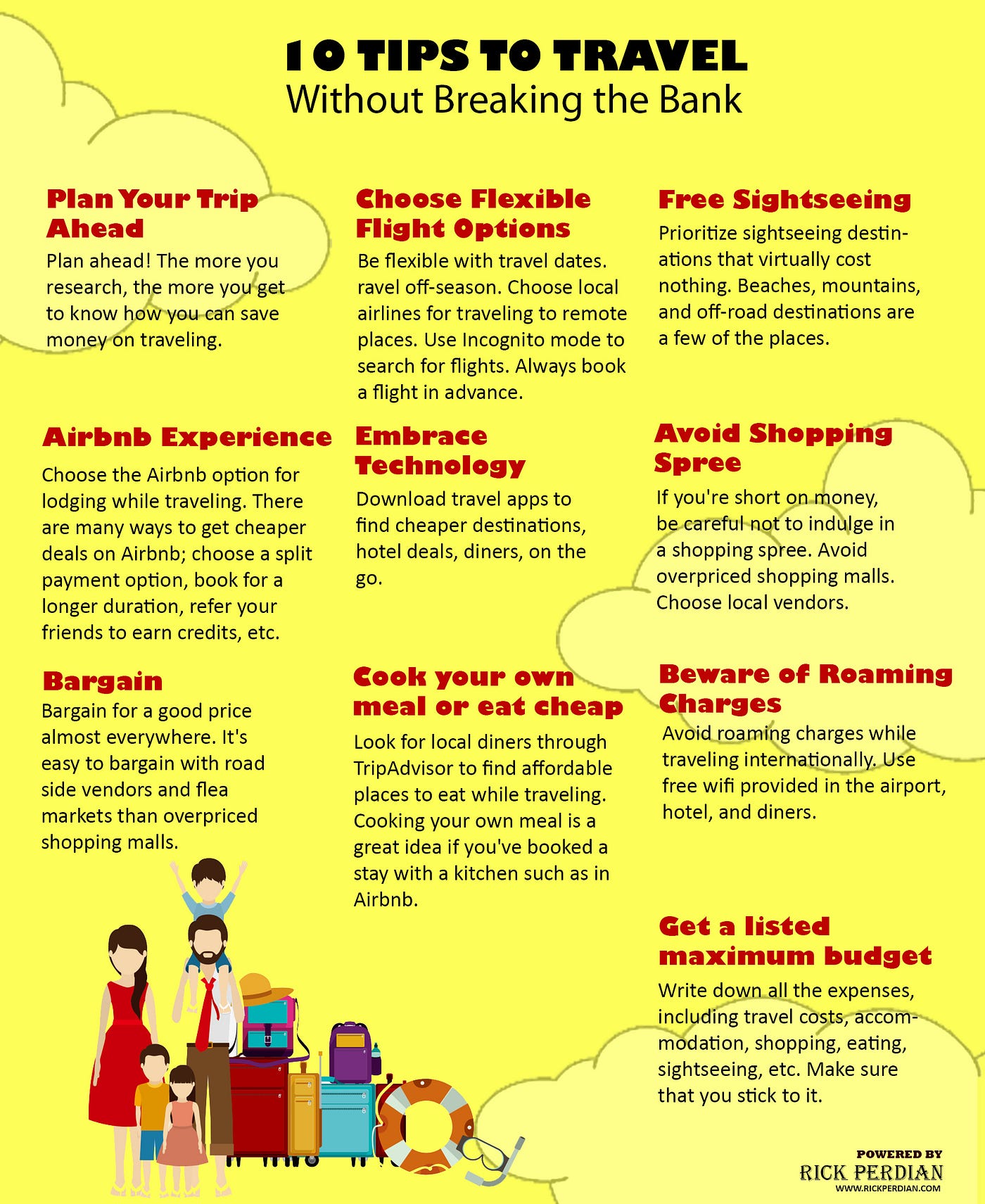
- Stayed at the family guesthouse. Simple room, but clean.
- Ate meals with them most nights. Real home cooking, whatever they were having. Way better than generic tourist menus.
- Hired a guide from the village itself for a day trek. Found him through the guesthouse owner. Paid him directly, cash in hand. No agency taking a huge chunk.
- Visited a women’s weaving cooperative nearby. Bought a couple of things straight from the ladies making them. Saw where the money was going.
Was it Perfect? Nope.
Look, it wasn’t all smooth sailing. Communication was tough sometimes – my phrasebook Spanish only got me so far. Things didn’t run on a strict timetable like back home. You needed patience. Sometimes you just had to shrug and go with the flow when things didn’t work out as planned. The bus breaking down for an hour? Part of the experience, I guess.
And honestly? You sometimes feel a bit… awkward. Like you’re intruding, even when people are friendly. You’re still the relatively wealthy tourist, they’re still living their lives. It’s not some magic wand that fixes global inequality just because you stayed in a homestay.
What I Reckon Now
So, back to the original question. Is fair-trade travel real? I think the idea behind it is. It’s less about finding some official “fair-trade certified” holiday (if that even exists properly) and more about how you choose to travel. It means:
- Putting in the effort to find local businesses.
- Paying people directly where you can.
- Being respectful and trying to understand the local context.
- Accepting that it might be less convenient than a packaged deal.
It’s more work, definitely. Maybe not as ‘relaxing’ if all you want is to lie by a pool. But talking to that guesthouse owner about how tourism helps him send his kids to a better school felt more meaningful than any infinity pool I’ve ever seen. It felt… closer to the ground. Less like consuming a place, more like visiting it.
It’s not perfect. It’s probably just a small drop in a very large ocean. But I guess it felt better than just handing my cash over to some huge international chain where you’ve no idea where it ends up. Maybe it’s just about trying to be a bit more mindful, a bit less of a typical tourist. Still feels like I’m figuring it out, to be honest.
